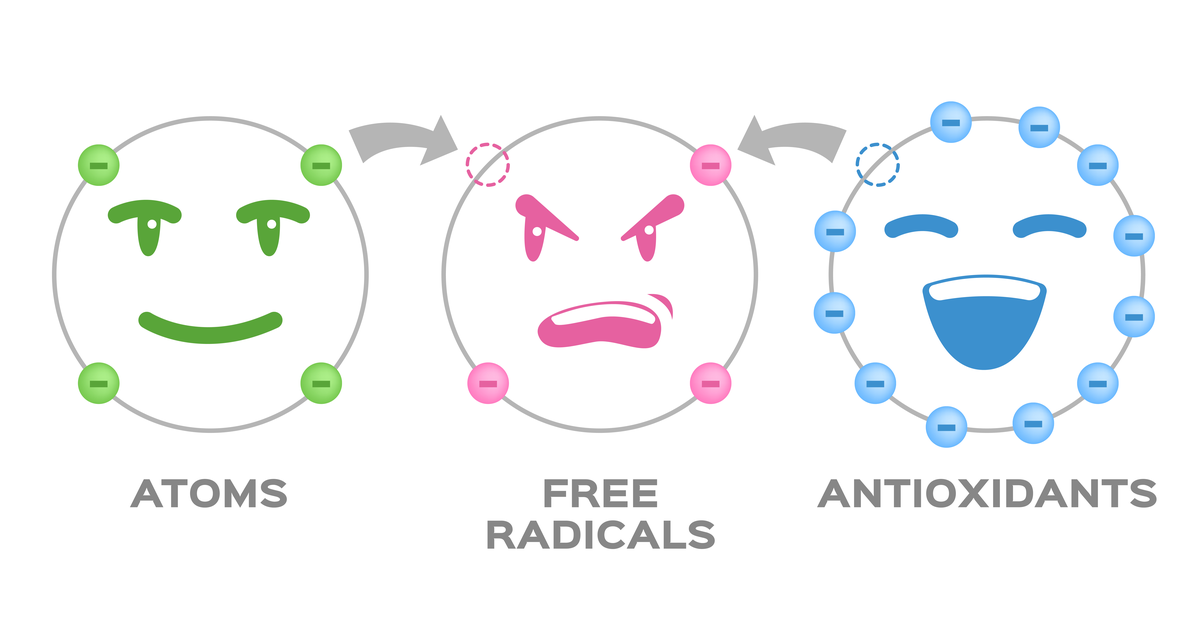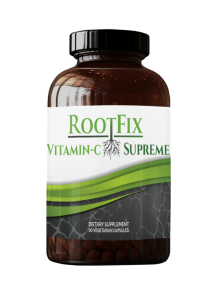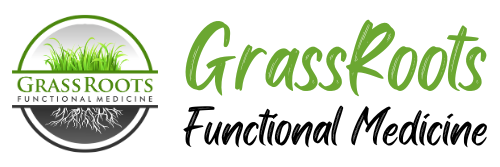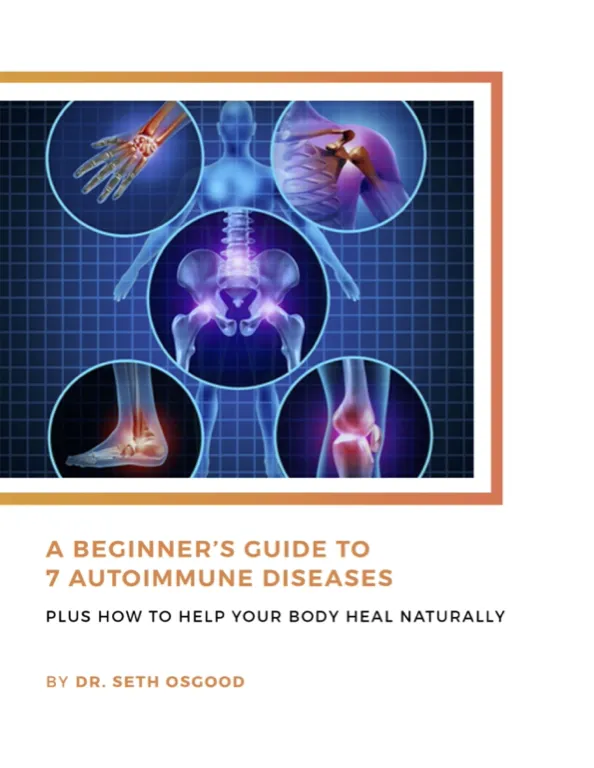Vitamin C is truly an all-star nutrient! It’s well known for supporting immune function, but its role is so much larger than that in preventing disease, slowing the aging process, and protecting against our toxic environment.
True vitamin C deficiency is rare, but many people are below optimal levels, meaning the levels needed for thriving health and robust energy. This is due largely to nutrient depletion in our food supply, a lack of dietary diversity, and lifestyle factors that increase our need for this essential nutrient.
Here’s a primer on vitamin C, 7 reasons not to overlook it, and how to increase your levels.
Vitamin C: An Amazing Antioxidant
You’ve likely heard the term antioxidant quite often, but it’s rarely explained. Antioxidants play an enormous role in disease prevention and healing because they counteract free radicals and protect against oxidative stress.

Free radicals are unstable molecules that “steal” electrons from other molecules, altering or damaging them. They are a natural byproduct of metabolism and can be a helpful tool for immune function in moderation. However, air pollution, carcinogens, UV radiation, and environmental toxins also produce free radicals, creating an excess for most people.
Free radicals damage cells and DNA, increase inflammation, and are a major driver of chronic disease and aging.
Antioxidants donate electrons to free radicals without becoming unstable themselves. You can think of them as protective neutralizers. Many of the top anti-inflammatory foods are antioxidants.
7 Little-Known Health Benefits of Vitamin C
Supports Your Adrenals
Vitamin C is required for creating catecholamines, the stress hormones produced in your adrenal glands. Remember, stress hormones are necessary and beneficial, it’s just chronic stress that we want to avoid. During times of stress your adrenals burn through more vitamin C to produce catecholamines, so your needs may increase.
Improves Iron Absorption
Iron is essential for immune function, thyroid health, proper energy levels, and much more. Pairing vitamin C foods with iron-rich foods improves iron absorption, particularly for plant-based sources of iron.
According to one study, supplementing with 100mg of vitamin C may increase iron absorption by 67%.
Protects Against Memory Loss
Brain inflammation and oxidative stress are a root cause of dementia and other forms of cognitive decline. Because of this, researchers believe that increasing antioxidants (including vitamin C) in conjunction with other lifestyle strategies can help protect against memory loss.
Promotes Cardiovascular Health
Has been found to help lower blood pressure, according to an analysis of 29 studies. Another analysis found that taking at least 500 mg of vitamin C daily significantly reduced LDL (bad) cholesterol and blood triglycerides.
Acts as an Antihistamine
Studies show vitamin C helps temper histamine reactions, like those that cause seasonal allergies. Researchers also found evidence to suggest that people with allergies frequently have low vitamin C levels.
Supports Healthy, Glowing Skin
Vitamin C is a staple in natural beauty because it promotes collagen production – the protein that keeps skin smooth and elastic. Topical vitamin C also helps minimize dark spots and protects against sun damage due to its antioxidant properties.
May Protect Your Vision
Some evidence suggests that adequate vitamin C may decrease the risk of cataracts and age-related macular degeneration. More research is needed, but scientists believe this is due to its antioxidant properties.
How to Increase Your Vitamin C Levels
Vitamin C is water-soluble, meaning it can’t be stored in fat cells and we need to ingest it daily.
Stress, illness, birth control pills, smoking, certain medications, and the aging process all increase your need for vitamin C. Eating a high carb diet may also contribute because glucose and vitamin C compete for absorption and use in the body.
Foods High in vitamin C
To increase your dietary intake, prioritize these vitamin C-rich foods:
- Cantaloupe
- Citrus fruits
- Cruciferous vegetables – broccoli, brussel sprouts, kale, cauliflower
- Guava
- Kiwi
- Papaya
- Peppers
- Spinach
- Strawberries
Choosing a vitamin C Supplement
 If your vitamin C levels are below optimal ranges, your nutrient absorption is inhibited due to leaky gut, SIBO, or poor digestion, or you have a chronic illness, you may find supplemental vitamin C helpful.
If your vitamin C levels are below optimal ranges, your nutrient absorption is inhibited due to leaky gut, SIBO, or poor digestion, or you have a chronic illness, you may find supplemental vitamin C helpful.
However, not all vitamin C supplements are well absorbed! It’s important to do your research and choose a product that is specially formulated for bioavailability.
In my clinic, we use a product called Vitamin C Supreme that combines 600 mg of vitamin C with three highly studied bioflavonoids. Vitamin C and bioflavonoids are found together in nature, because they work synergistically. For example, oranges are rich in both vitamin C and the bioflavonoid, hesperidin.
The inclusion of bioflavonoids helps the body properly absorb and use vitamin C, and assists in preventing vitamin C from being destroyed by oxidation. Vitamin C Supreme contains quercetin, hesperidin, and rutin.
About the Author: Dr. Seth Osgood is a Doctor of Nursing Practice, Board Certified Family Nurse Practitioner and Institute of Functional Medicine (IFM) Certified Practitioner. Dr. Osgood received his post-graduate training in Functional Medicine through the IFM and from working with Dr. Amy Myers. He has helped people from around the world improve their health utilizing a Functional Medicine approach.
Want to work with Dr. Osgood and the GrassRoots team? Become a patient in our West Lebanon, New Hampshire Functional Medicine clinic, our Burlington, Vermont Functional Medicine clinic, or our Austin, Texas Functional Medicine clinic!





